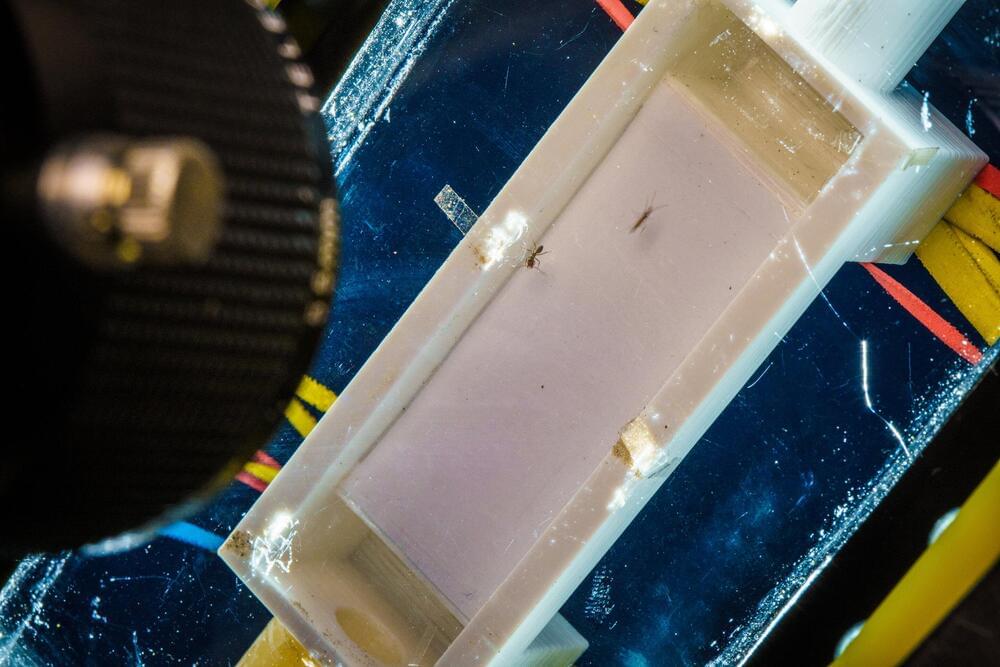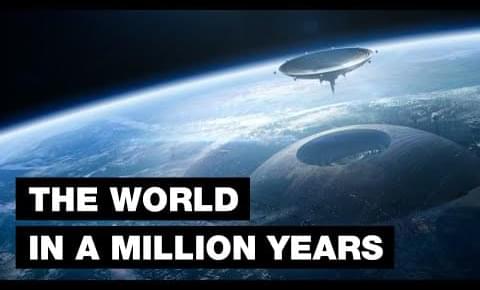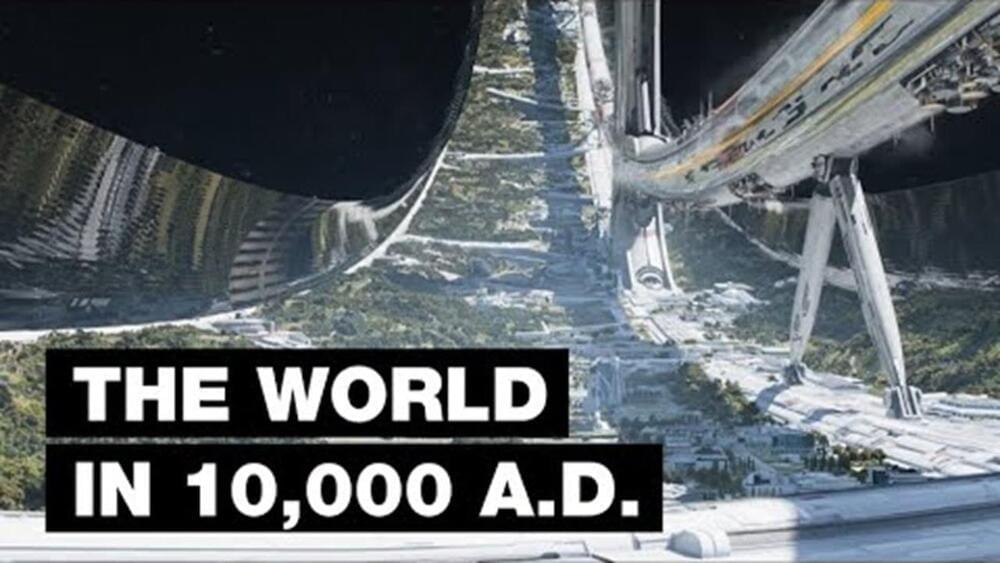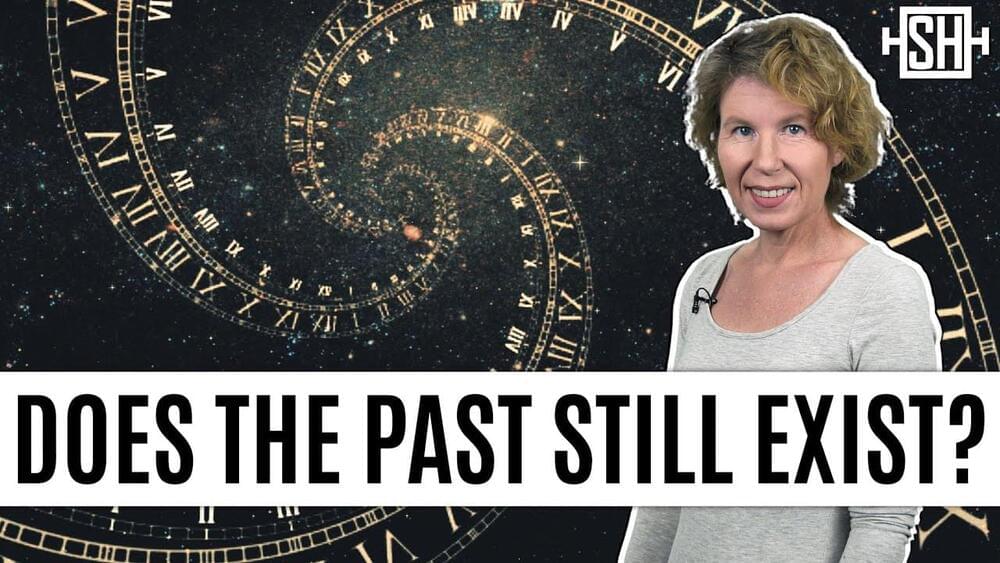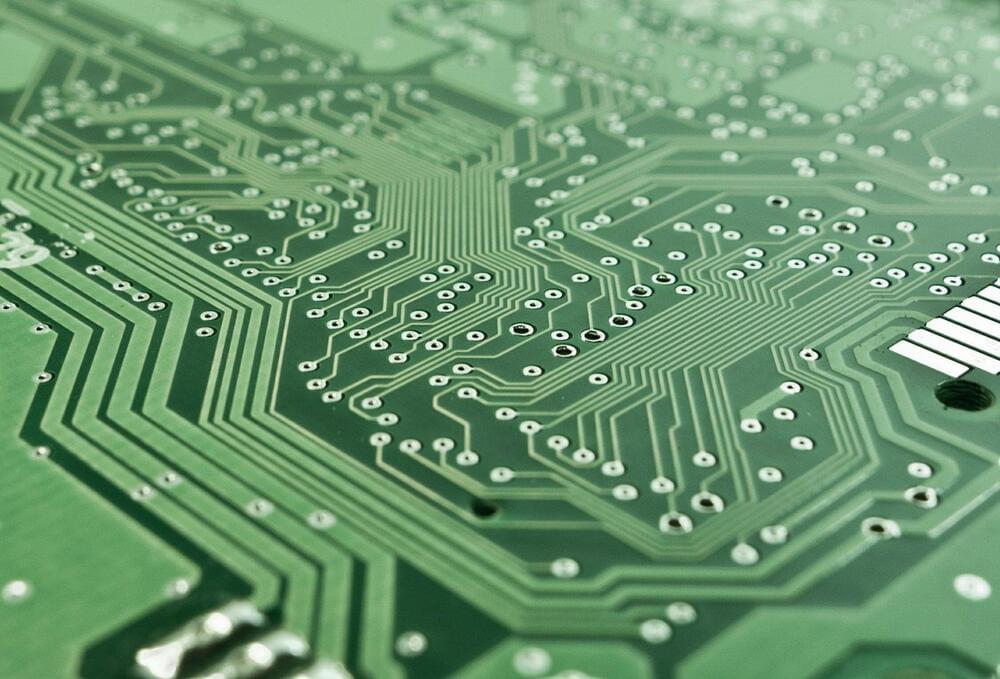Sep 5, 2022
You need to see the most elusive planet at opposition in the sky this month
Posted by Atanas Atanasov in categories: mathematics, space
At opposition, and on surrounding nights, Neptune rises in the east around sunset and will be visible all night long, traveling along the ecliptic (the apparent path of the Sun and planets in Earth’s sky). Neptune can be seen in the constellation of Aquarius, below the “circlet” asterism of Pisces, and to the west of Jupiter.
The planet is in apparent retrograde motion (appearing to travel backwards in its orbit relative to Earth) from June 28 to December 3. Neptune will be at its closest to Earth the day before opposition, September 15, at only 2.7 billion miles (4.3 billion km) distance. At opposition, the Sun’s light will fully illuminate the planet’s surface, casting light directly onto Neptune from Earth’s point of view.
Since it is not visible to the naked eye, Neptune was unknown to astronomers until the 1800s, when it was the first planet to be discovered by mathematical prediction, rather than direct observation, owing to gravitational perturbation on the orbit of Uranus.

